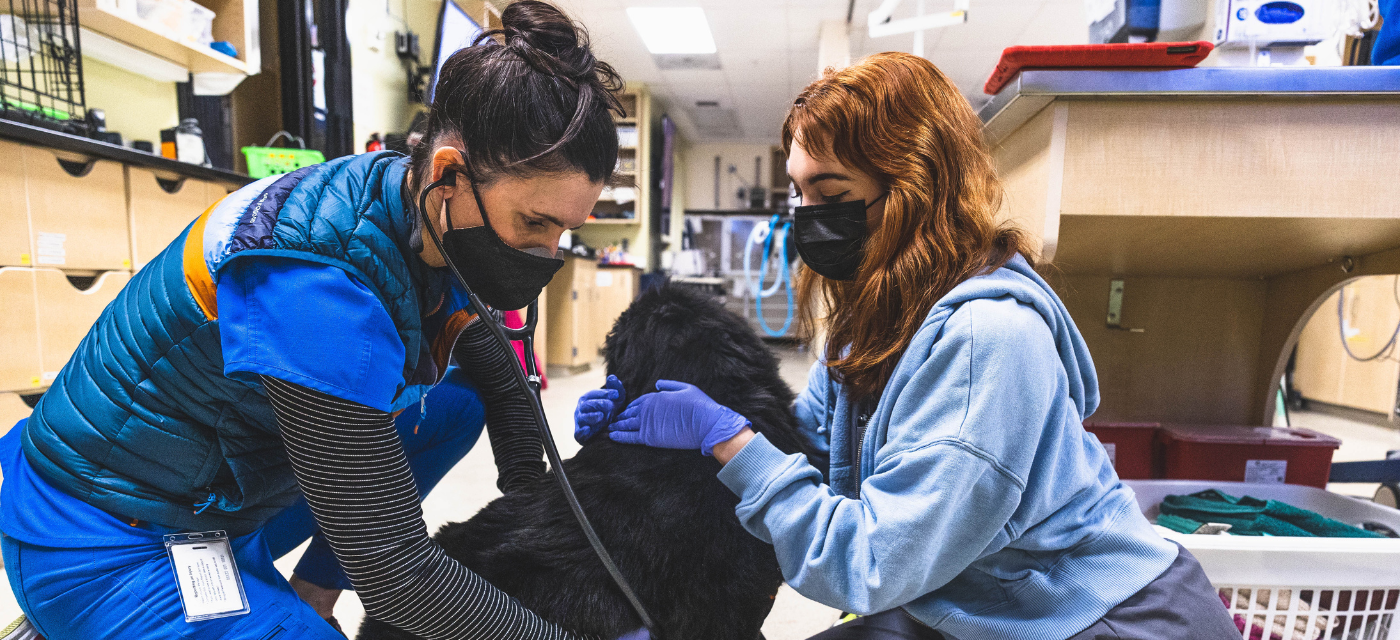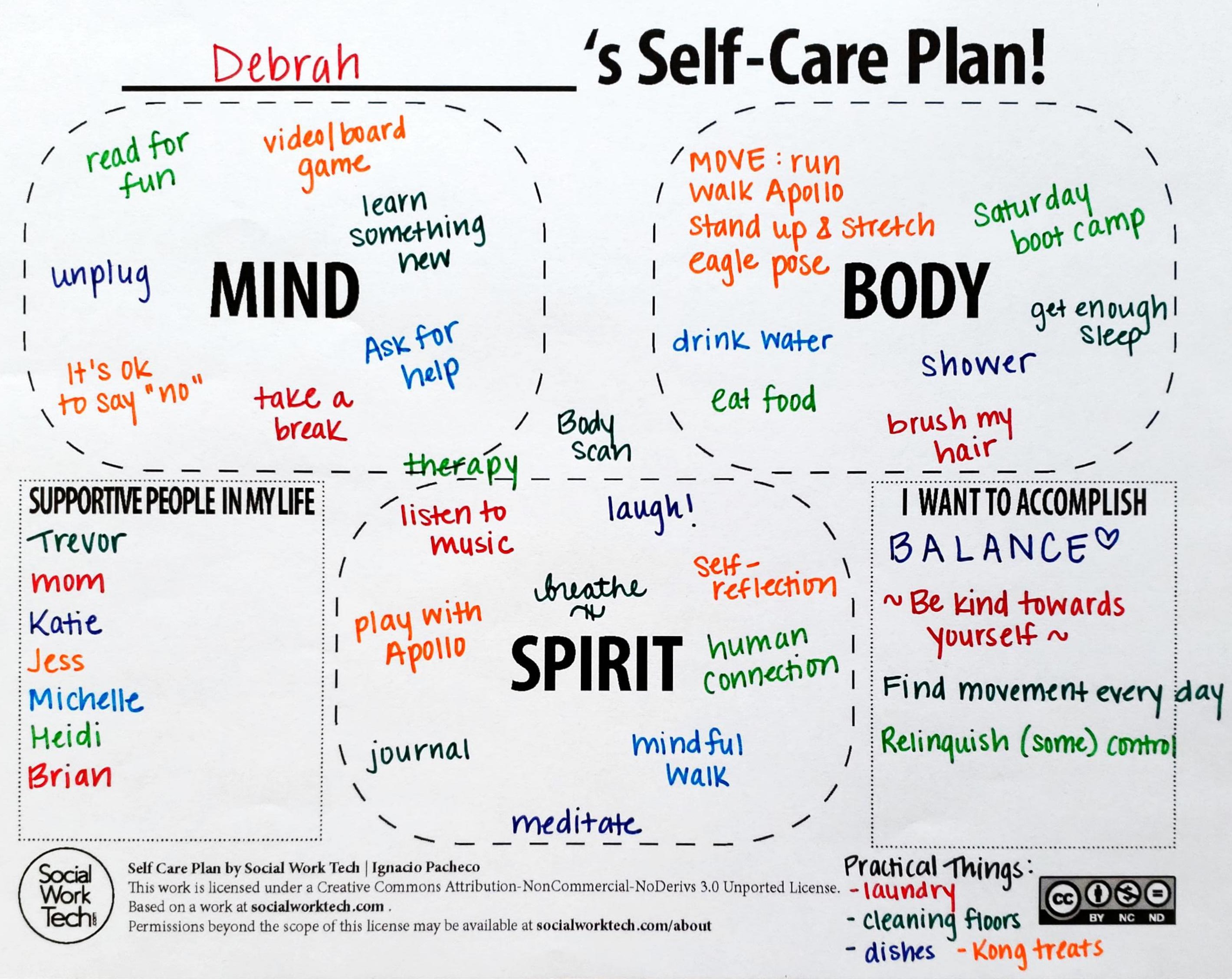Self-Care Part Two: Creating a Self-Care Plan

Sometimes practicing self-care can feel the least accessible when we need it the most. When we’re feeling stressed and overwhelmed, it can be hard for us to engage in problem-solving or planning. A written self-care plan can be a helpful tool when you need a reminder of some of the practices that serve you.
It’s best to write a self-care plan when you are feeling balanced rather than trying to write it in a moment of overwhelm. Used in this way, it can be a helpful exercise to identify those self-care practices that you have that help you maintain your well-being (proactive self-care) and those that you turn to in response to distress (reactive self-care). Proactive and reactive self-care practices aren’t necessarily mutually exclusive. Self-care is dynamic and necessitates flexibility – what serves you is dependent on your current situation and available resources. It’s important to revisit and update your self-care plan over time.
The specific details of a self-care plan are unique to the individual. However, many self-care plans have some consistent elements, including a holistic view on the different dimensions that comprise our well-being. For example, the self-care plan below offers space to consider what serves one’s mind, body, and spirit, as well as relationships and goals. Other iterations of self-care plans may include a space where you can identify personal signs – e.g. forgetfulness or increased irritability – that may indicate a need to engage in some intentional self-care. Some self-care plans may also include identifying those things that may not serve you when you are distressed – e.g. particular people not to call or activities to avoid.
To download a blank self-care plan, visit Social Work Tech here.
Additional Thoughts
- Take time into account when writing a self-care plan. Consider identifying practices that can be as brief as 1-3 minutes to those that can be as long as an hour.
- Being specific can also assist you with being prepared. For example, if listening to music is something that supports you, consider having a go-to playlist, or make note if there is a particular walking path that you enjoy.
- Self-care is anything that you do to take care of yourself so that you can stay physically, emotionally, and mentally well. This includes practical (or mundane) tasks like doing laundry or washing the dishes. Remember to acknowledge that effort that you are already making too.



